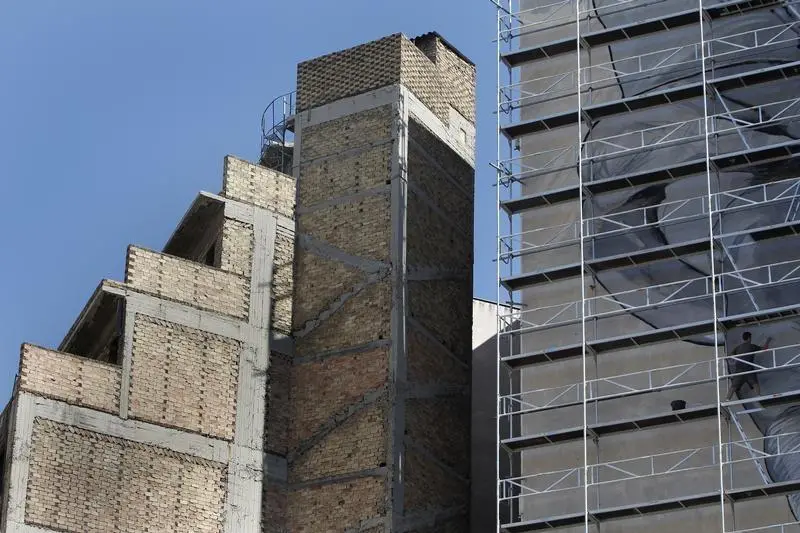PHOTO
Greek manufacturing activity shrank in December with output and new orders contracting further as soaring energy costs and inflation continued to curtail demand, a survey showed on Monday.
S&P Global's Purchasing Managers' Index (PMI) for manufacturing, which accounts for about 10% of the Greek economy, dropped to 47.2 in December from 48.4 in November, marking the quickest downturn in two years.
Readings above 50 indicate growth in activity.
Production declined in December for the seventh month running on weak client demand and another drop in new order inflows.
"December data indicated a downbeat end to 2022 for Greek manufacturers, as contractions in output and new orders gained momentum," said S&P Global economist Sian Jones.
New export orders declined further on weak demand across key export markets, with some firms noting that European customers cut back on spending amid severe hikes in energy costs.
While the drop in output, new orders and demand from foreign clients accelerated, firms hired staff overall for the first time since July, ending a four-month series of declines.
However, job creation was minimal and linked to the replacement of voluntary leavers and the hiring of specialist workers.
On the price front, although input and output costs moderated notably in December, selling price rises were far above the series trend rate.
"Elevated inflationary pressures are likely to place further strain on customer spending going into 2023," Jones said, forecasting a 1.6% drop in industrial production next year due to challenging global demand conditions.
However, business confidence about the year ahead among Greek manufacturers in December was at its strongest since May on hopes of growing demand and investment by the end of 2023, the survey showed. (Reporting by Angeliki Koutantou; Editing by Hugh Lawson)





















